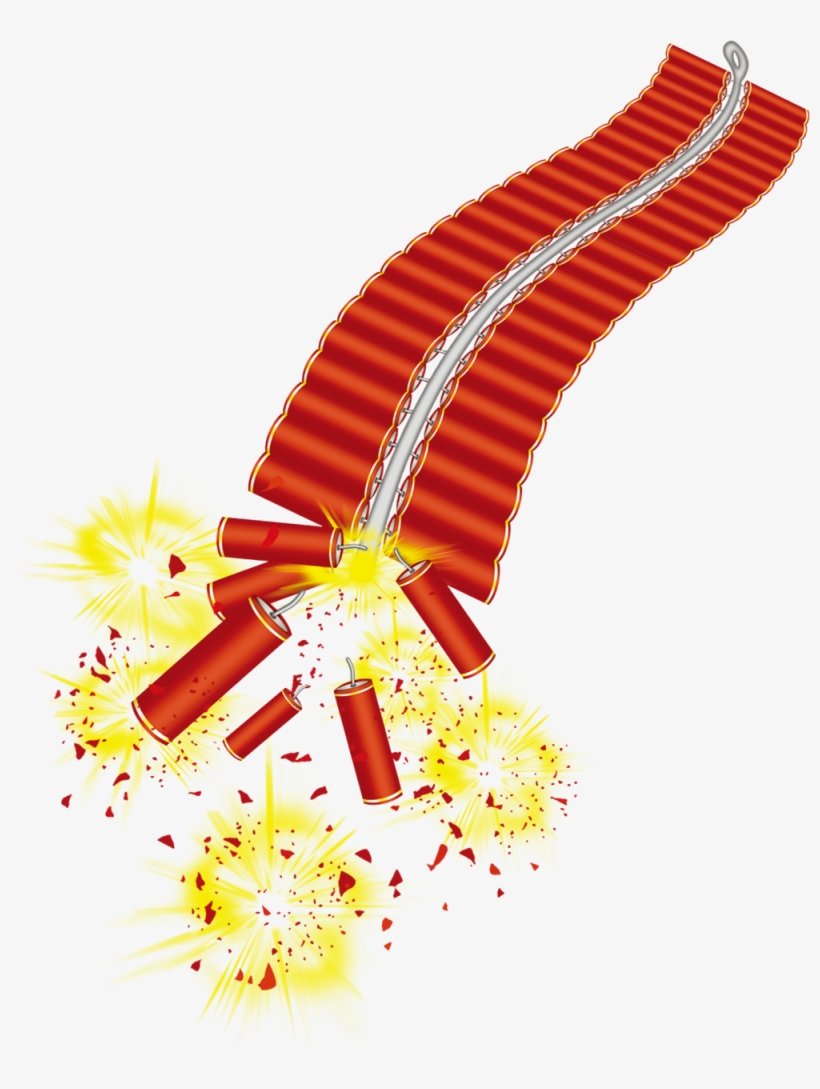This could be the mantra for Diwali or Chinese New Year.
~ By Kavita Ogale

Although they fall more than 6 months apart from each other, the Hindu New Year or Diwali celebrations bear striking resemblance to Chinese New year festivities.
As agricultural societies, both India and China, perform similar rituals to usher in their new years. A family gathering, spiced with good food, blessings for the new year garnished with new clothes, a clean house and presents for kids, all mixed in with a fiery topping of fireworks to ward off evil and lots of joy and laughter, marks the perfect recipe for both nations to start another agricultural cycle.
While the reasons behind celebrating both Chinese New Year and Diwali are different, both countries have been following the same practices for many decades.
The festivities commence with an elaborate house-cleaning regime which is in keeping with the idea of ‘doing away with the old, and bringing in the new’. This is followed by decorating the house with lights, lanterns and lucky words cut out on craft paper to ward off evil, ushering good vibes, long life, peace and prosperity.
The main theme for all this cleaning and decorating is to have the entire extended family together under one roof. Both Diwali and Chinese New Year, see families converging from far and wide, with generations of one family often sharing the table for a ceremonial dinner occasion.
Children are pampered with gifts in India and red envelopes stuffed with lucky money in China to bless them with luck, good health and progress. Like in India, most Chinese families stay up late to watch a traditional play, performances of song and dance followed by a colourful display of fireworks to ward off evil before the onset of the new year.
So big are these celebrations, that economic forecasts are made based on consumer spend during Diwali and Chinese New Year. Sales and discounts lure consumers into buying elaborately decorated gift hampers for family and friends. Purchasing power prior to New Year celebrations therefore become the weather wane pointing towards a bump or slump in the domestic economy for that year.
India and China in conclusion are not only similar when it comes to traditional ways of celebrating Diwali and Chinese New Year but also bear testimony to the fact that when it comes to contemporary aspects like purchasing behaviour during festivities, consumers in both countries are not unlike each other.
